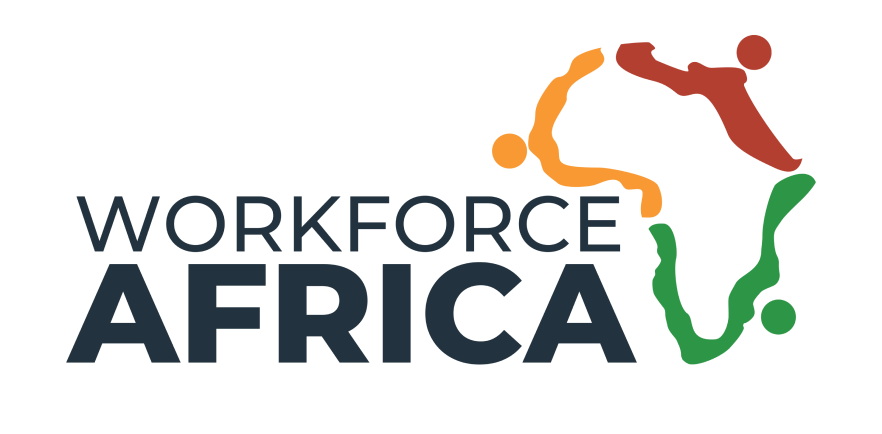How well are your HR initiatives impacting the bottom line of your organisation? Peter Drucker is reputed to have said, “If you can’t measure it, you can’t manage it.”
A plethora of research has confirmed that effective HR practices can make a big difference in the growth of an organisation. A few years ago, when BCG conducted a study involving 4,200 HR and non-HR managers in more than 100 countries (and in a cross-section of industries).
They found that “Companies that are highly skilled in core HR practices experience up to 3.5 times the revenue growth and as much as 2.1 times the profit margins of less capable companies,”
One implication of this is that it is non-negotiable to take the time to track how impactful your HR KPIs are on the organisation you serve.
Not only will it help you draw invaluable conclusions that can aid in the improvement of your people strategy and the bottom line of your business in the years ahead, but it is also a key ingredient for your growth as an HR professional.
That being said, how should HR measure the success of their HR strategic initiatives?
Whether it’s an end-of-year review, the close of a quarter, or a milestone project, What’s the best way to review HR KPIs? And what are some core examples of HR KPIs?
We address these questions in this article, here are five steps you can take today to measure how well you’ve performed on your HR KPIs.
5 Steps to Measure Performance on Your HR KPIs
1. Run an end-of-year HR KPI report
The ideal place to start ascertaining how impactful your initiatives have been on the organisation is to conduct an annual review of your performance.
You must start by clearly defining the HR KPIs you agreed upon with your management to get this right. Whatever KPIs you set out to measure, be certain that they are directly linked to your company’s overall objectives, goals and strategies. For instance:
- Improvement in recruiting and hiring practices.
- Increase in the employee satisfaction and engagement level of your organisation.
If you didn’t define your HR KPIs at the beginning of the year, here are ten essential HR KPIs examples that you can use to see how well you’re doing:
- Employee engagement rating
- Employee productivity
- Turnover rates
- The average length of employee tenure
- Time to fill vacant positions
- Cost per job applicant
- Cost per hire
- Number of qualified candidates
- Quality of hire
2. Draw insight from employee feedback
No one can tell better how well you’ve done than the very people impacted by your HR practices.
So, gather information from your employees and get insight into how well they think your people practices have influenced your company’s progress. You can draw this insight from surveys or well-calibrated feedback mechanisms.
For instance, if you conducted a corporate culture survey or an employee satisfaction and engagement survey during the year, you may wish to review the results so you can compare the employee feedback you gathered against your HR KPIs.
If they tell the same story? Great job! If, on the other hand, your employee feedback contradicts what your numbers are showing you, then there’re adjustments to be made.
3. Talk with your department heads
With the information gained from the employee surveys, start honest and constructive conversations with your organisation’s department heads or other key stakeholders.
Share the data and your thoughts about what they mean, and then seek their candid opinion drawn from their experience. Having these kinds of conversations can prove very useful for you because they can yield insights that may be hard to find on your own.
In addition, the answers they provide may easily explain pieces of data that are confusing from your perspective.
For example, when sharing your reports on the turnover rate, a manager might tell you about complaints he received leading up to somebody leaving, such as an employee struggling with the pay they were receiving or an employee unhappy with issues around his work-life balance.
The right questions are crucial to getting invaluable insight. The better the questions you ask, the better the insights you’ll draw.
The following questions can guide your conversations with leaders in your organisation:
- What did you observe this year among your team as a department head?
- What challenges exist in your department?
- What issues or concerns do your people raise constantly?
4. Carefully consider HR’s impact on organisational outcomes
Suppose you objectively review your HR KPIs, employee survey results, and insights from interviewing your departmental heads.
In that case, it will provide you with a more comprehensive view of the different factors impacting your HR-related business performance.
The information you have gathered should then be synthesised to generate an accurate picture of how your HR results impact the organisation’s goals. However, it is not enough to generate insight.
You must take out time to digest this broad view of your HR effectiveness. If you do so, it will allow you to evaluate your people strategies more effectively and objectively and will help you improve your HR practices.
5. Plan for the future by leveraging your HR KPIs
Using the information gained from your review, work with your HR team to plan for the future by exploring:
- What HR initiatives are working and generating the desired outcomes?
- What initiatives are falling short of your expectations?
- Which of your HR KPIs appear to be moving in the wrong direction?
- What must be added to your HR strategy in the future?
- What actions should be implemented in your strategy based on results from this year?
It is prudent to remember that some HR KPIs could run for more than a year. In cases like these, you’d need to conduct your review looking both backwards and forward at the end of the year.
In Conclusion
What gets measured gets managed. If you effectively measure the impact of your HR practices at the end of a period of activity, you’ll not only gain valuable insight that will enable you to plan more strategically and be more effective.
In addition, your impact will be felt throughout the organisation and you’d finally earn the title of a Business Enabler.
Find out how partnering with a PEO like Workforce Africa can support you in executing your organisation’s most important goals.








